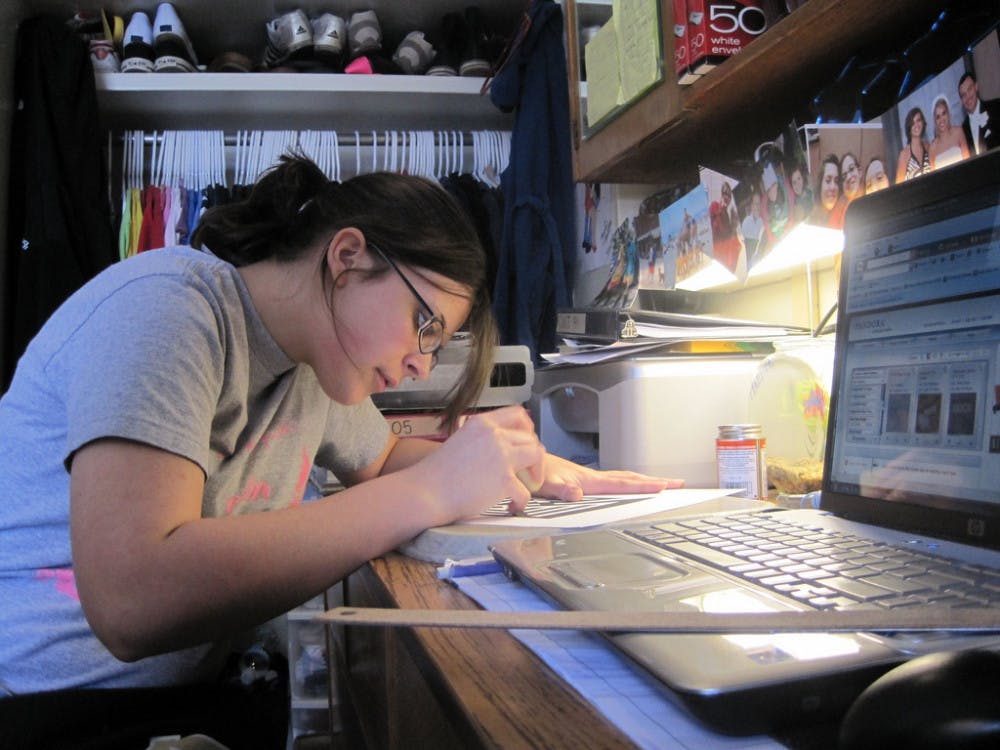With the next career fair on Feb. 28, and applications for summer internships being sent out, many students are starting to wonder how to choose the right internship and what prior experience is necessary.
Some students have gone so far as to complete six internships within their time at Seton Hall University. However, Career Center director, Reesa Greenwald, said that such students are “unusual.”
“We want all students to have at least one, maybe more, intern opportunity (and) some professional experience while they’re still in school,” Greenwald said.

Granted, the career advisers usually encourage two so that students are able to experience different professional environments, said Gina Hernandez, College of Communication and the Arts career adviser.
Greenwald recommended that students should start connecting with their career advisers as soon as possible, and should be speaking with an adviser about internship opportunities by the beginning of sophomore year.
“It’s good to get ahead of the game and get a sense of the companies you want to apply to,” Hernandez said.
Yet, some students are intimidated by the idea of a “career,” and others are more focused on extracurriculars.
“There (are) plenty of opportunities,” said Ruben Antunez, a junior public relations major who has yet to complete an internship. “I’ve been prioritizing my family, school work and organizations I am apart of, and my biggest fear is losing touch of all that and getting back into the groove.”
Career advisers understand that students may need to be working or are too busy with clubs and organizations to have an internship that semester. According to Hernandez, “employers like to see leadership” and “they like to see involvement” from applicants but students need to know how to discuss those “transferable skills” they are learning elsewhere and apply it to an internship or career setting.
Greenwald stressed that though getting involved on campus, as a leader in an organization is good for obtaining “transferable skills,” it is the bare minimum a student can do for a resume. Internships allow students to experience a professional environment where supervisors can give feedback on their performance. Students also learn specific skills for the career they wish to pursue.
“I didn’t know of opportunities and what each internship entails,” Antunez said. “I would hear about a company that had a cool internship, but didn’t have to do with my field of study.”
According to Greenwald employers look for hirable skills rather than specific academic majors.
“It’s more about what do you want to do, what are you good at, what do you bring to this,” Greenwald said.
Greenwald and Hernandez encourage students to “take advantage” of the Career Center and the career fairs, so they can do what they can to put themselves forward.
“There is an endless number of opportunities for students,” Greenwald said. “The only ones who will struggle are the ones who wait too long to start the process, ones who opt out of all we do to bring employers to them.”
Payton Seda can be reached at payton.seda@student.shu.edu.





